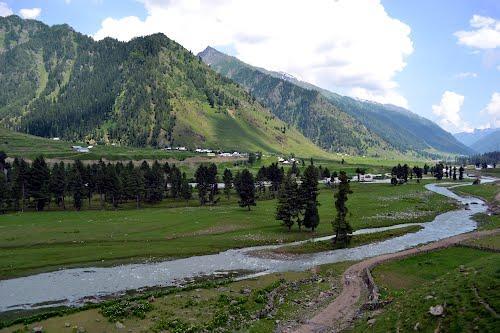¤ 10+ minutes Read
Srinagar
A complete tourist and cultural guide
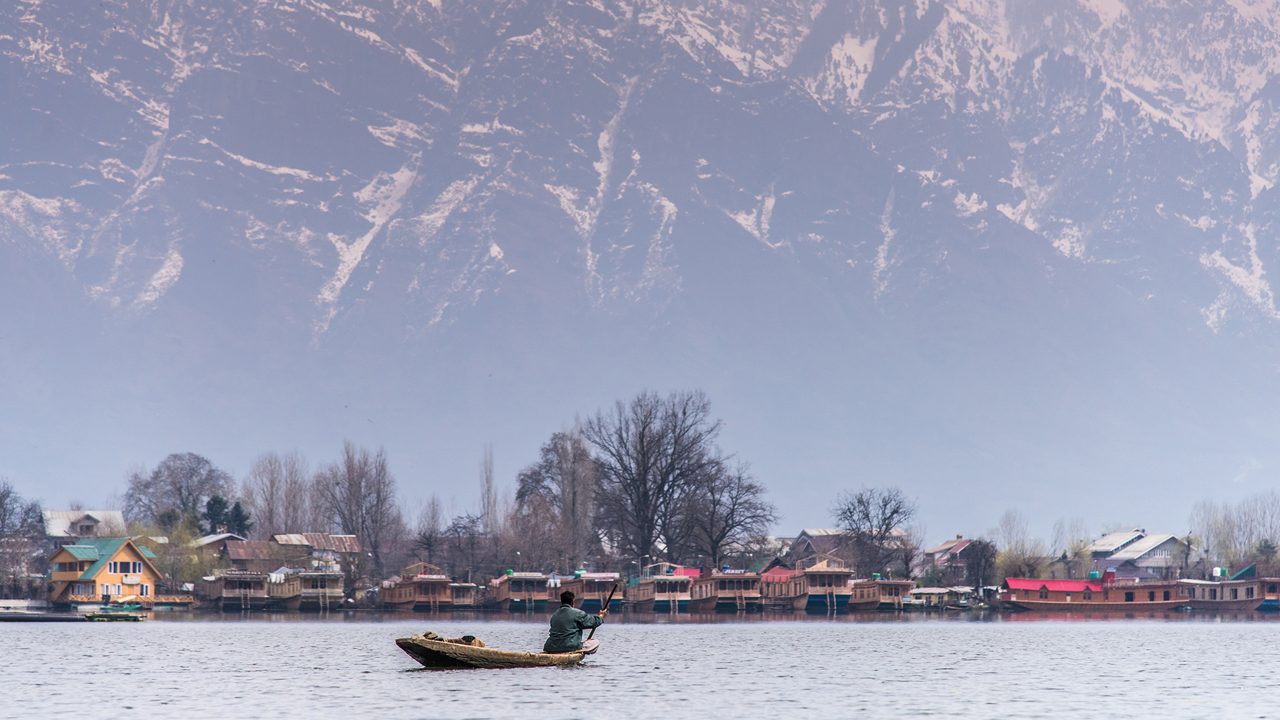
The summer capital of Jammu and Kashmir, is a breathtaking blend of natural beauty and cultural heritage. Nestled in the Kashmir Valley, it is famed for its serene Dal and Nigeen Lakes, vibrant Mughal gardens, and charming houseboats. The city’s snow-clad peaks, colorful markets, and warm hospitality offer an unforgettable travel experience. Whether you’re cruising on a shikara, exploring ancient shrines, or savoring Kashmiri cuisine, Srinagar captivates visitors in every season.
Wiki Link : Srinagar
Must-Visit Attractions in Srinagar
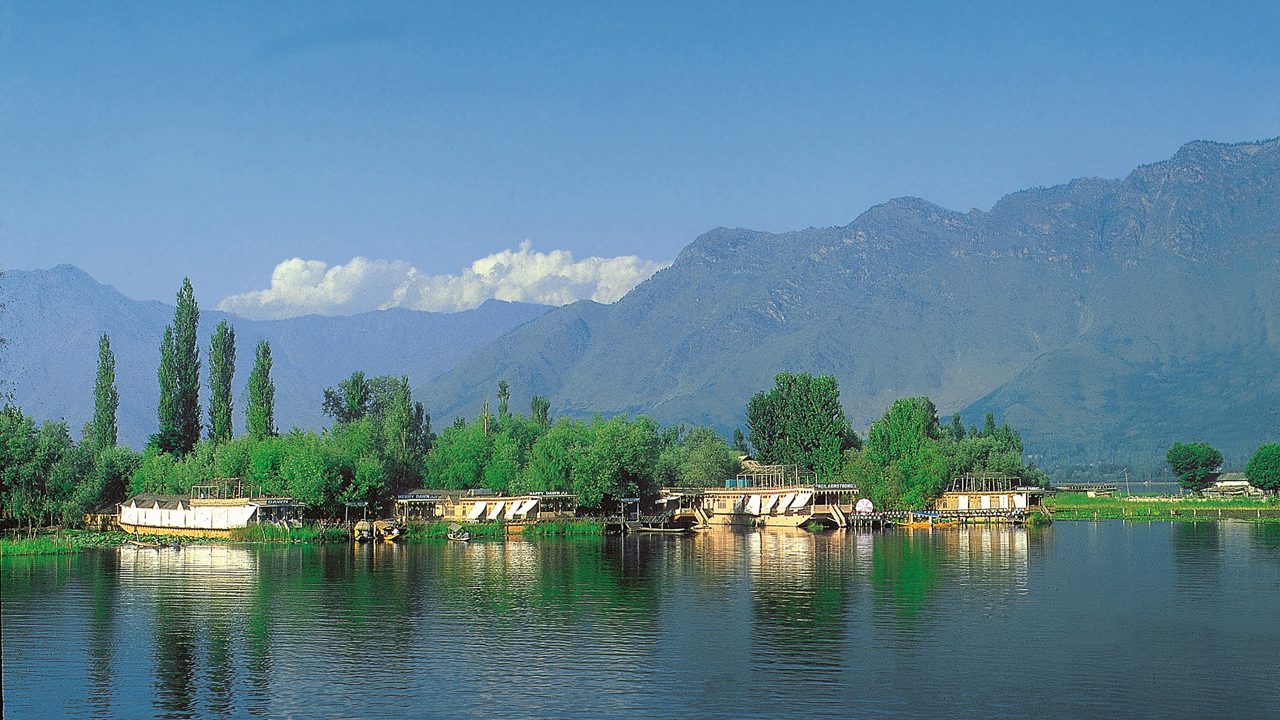
Dal Lake
Known as the “Jewel of Srinagar,” is famous for its shikara rides, floating gardens, and charming houseboats.
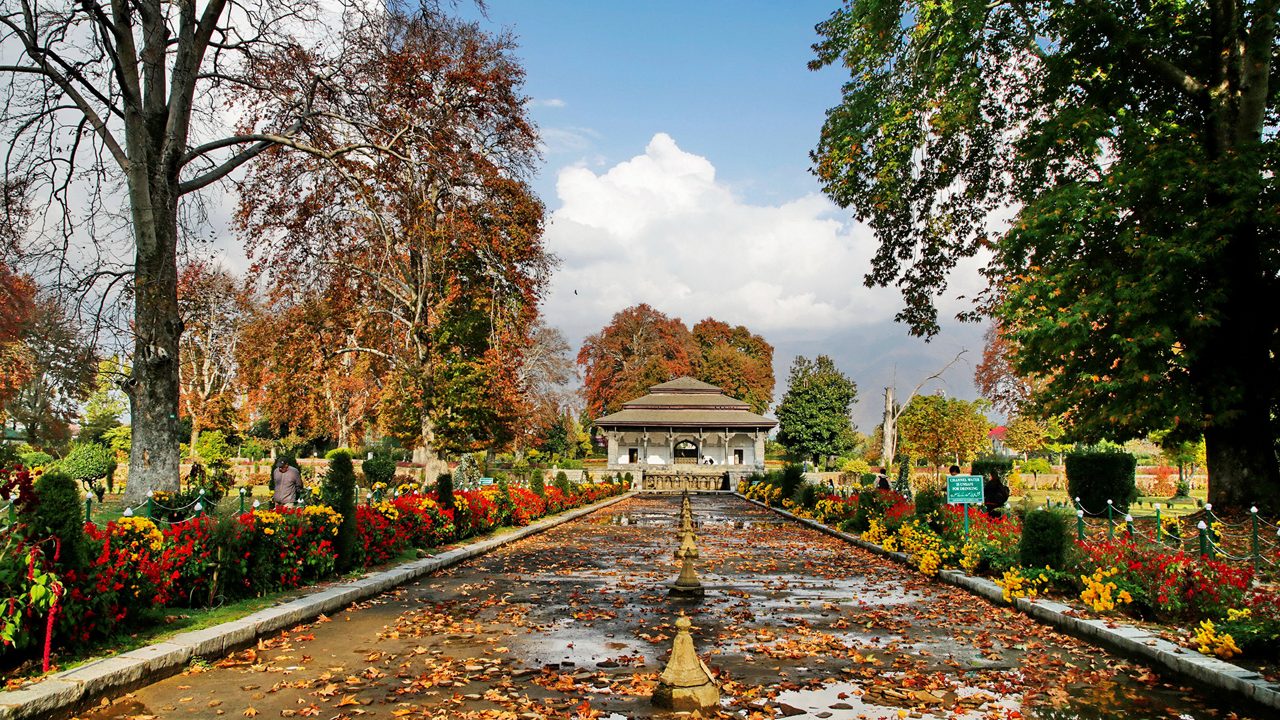
Shalimar Bagh
Built by Mughal Emperor Jahangir, Shalimar Bagh is a masterpiece of Mughal garden design.
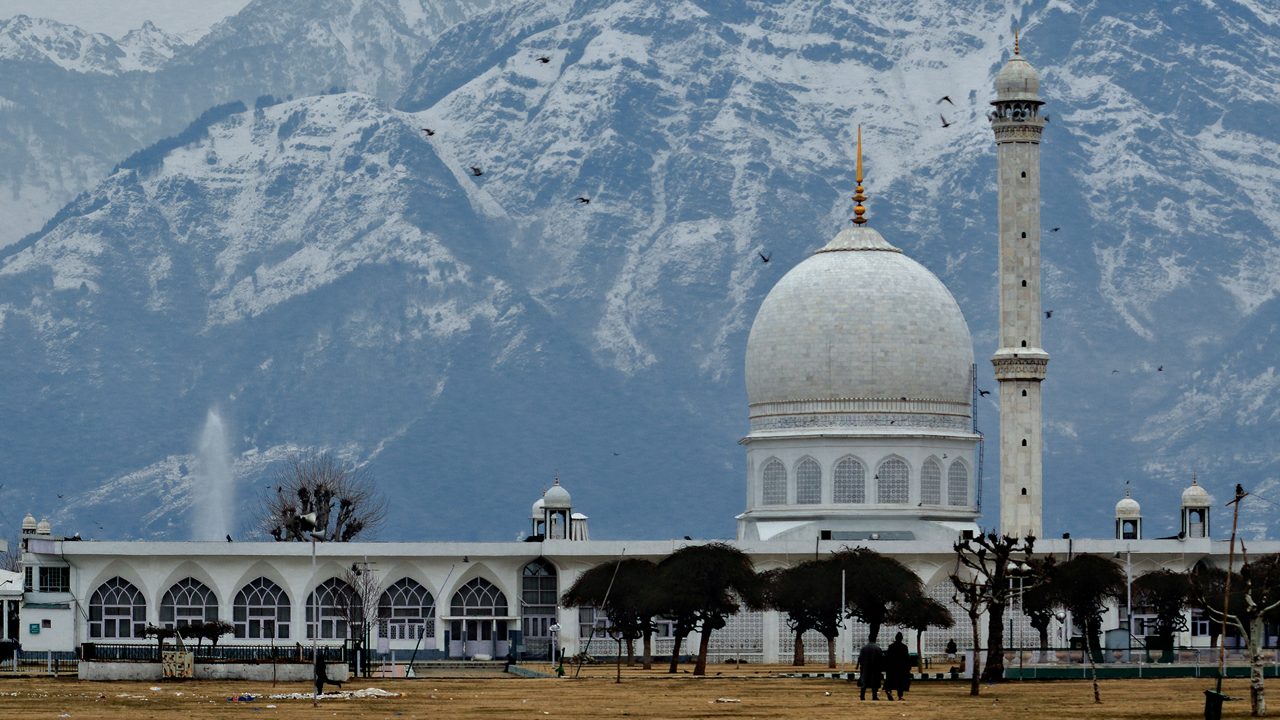
Hazratbal Shrine
This revered Muslim shrine houses a relic believed to be a hair of Prophet Muhammad.
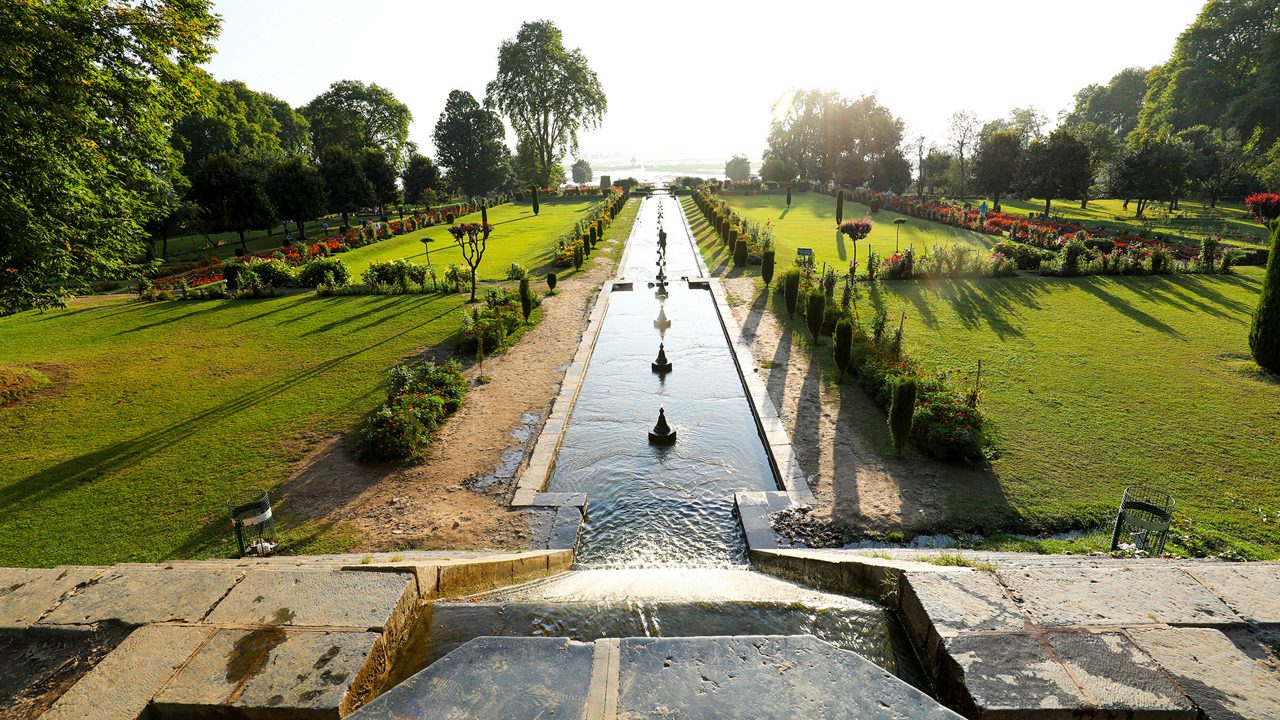
Nishat Bagh
The “Garden of Bliss” is the second-largest Mughal garden in the valley, offering views of Zabarwan Range.
Major Attractions Nearby Srinagar
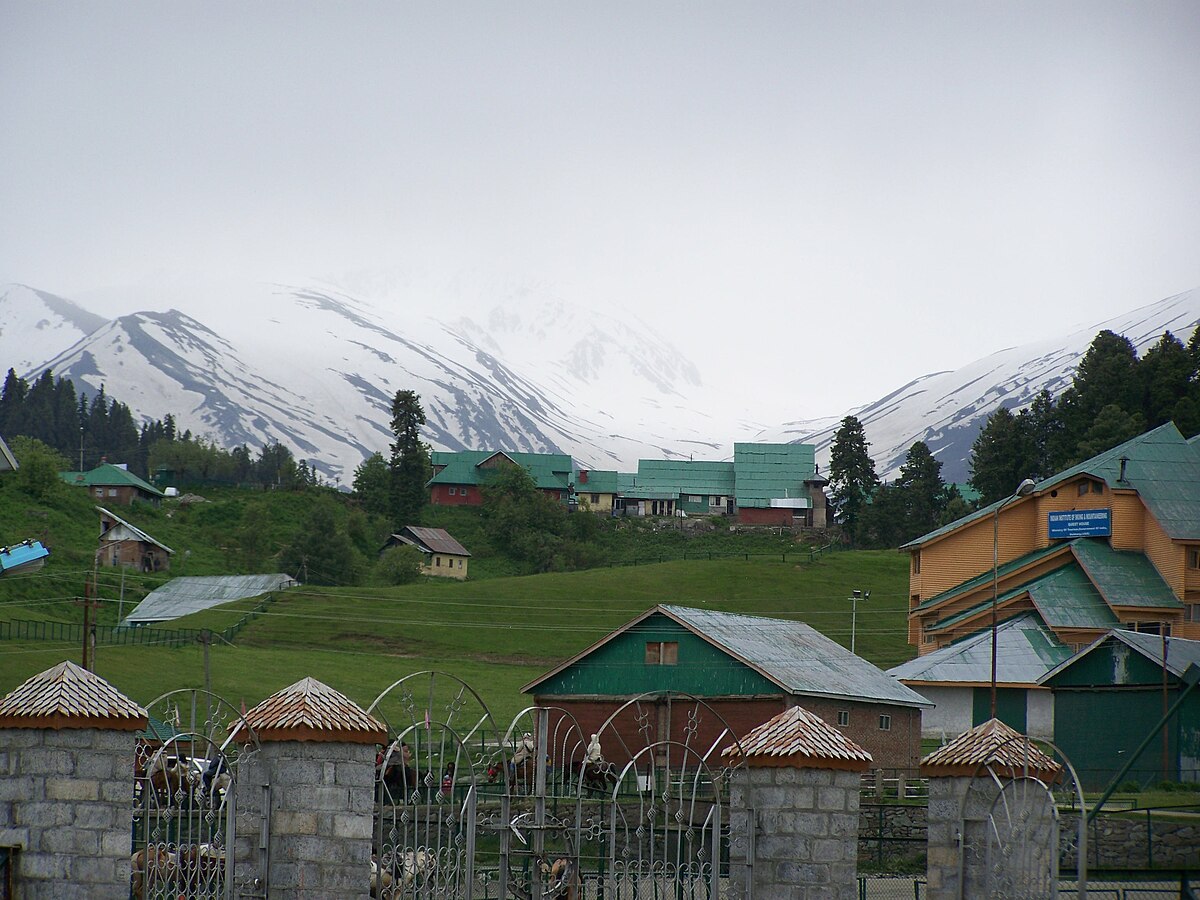
Gulmarg
A premier hill station, Gulmarg is known for its lush meadows, snow-clad peaks, and Asia’s highest cable car ride.
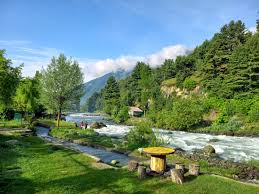
Pahalgam
Famous for its scenic valleys and the starting point of the Amarnath Yatra, Pahalgam offers trekking, river rafting, and serene nature walks.

Sonamarg
Known as the “Meadow of Gold,” Sonamarg enchants visitors with its alpine meadows, glaciers, and crystal-clear rivers.
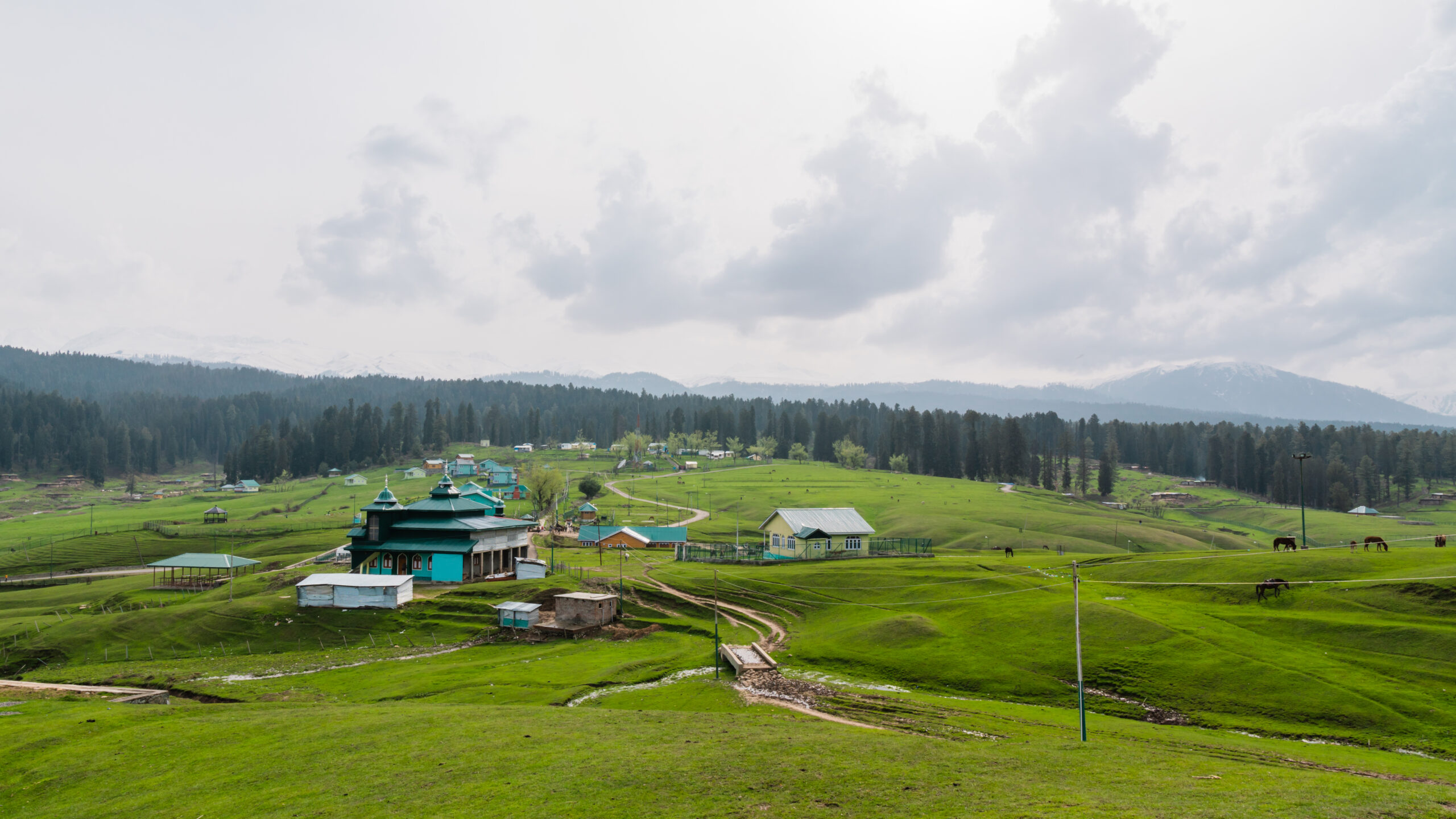
Yusmarg
A peaceful meadow surrounded by pine forests, Yusmarg is perfect for nature lovers, offering tranquil trails and breathtaking landscapes.
Things to do in Srinagar
Experience the natural beauty, cultural heritage, and timeless charm of Srinagar. From cruising on Dal Lake to strolling through Mughal gardens that captivates every traveler.
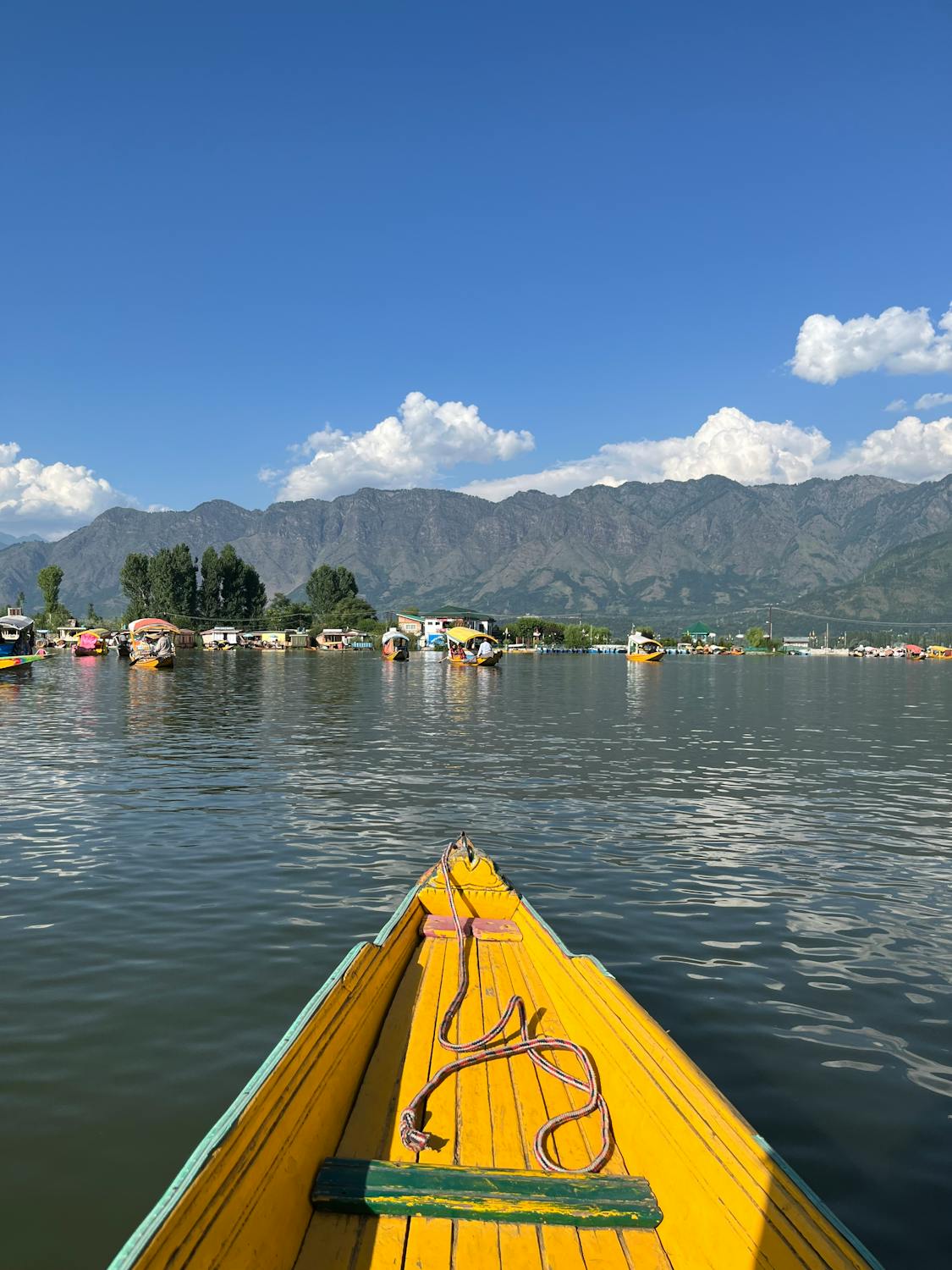
Shikara Ride on Dal Lake
Glide across the calm waters of Dal Lake in a traditional shikara boat, passing floating markets, houseboats, and lotus gardens with panoramic views of the mountains.

Explore Mughal Gardens
Wander through beautifully landscaped gardens like Shalimar Bagh and Nishat Bagh, adorned with fountains, floral terraces, and stunning views of Dal Lake.
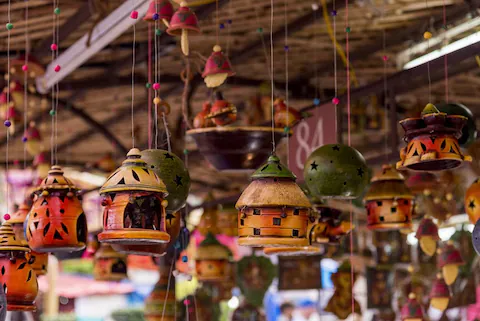
Shop at Lal Chowk
Discover Kashmiri handicrafts, pashmina shawls, saffron, and dry fruits at Lal Chowk or experience the unique floating markets on Dal Lake.

Visit Hazratbal Shrine
Soak in the spiritual aura of Srinagar at Hazratbal Shrine, a revered mosque set against the backdrop of Dal Lake and the Himalayas.
The Performing Art of Srinagar
Srinagar’s performing arts beautifully blend Kashmiri culture, music, and tradition. The city is known for Sufiana music, a soulful genre that uses instruments like the santoor, rabab, and tumbaknaer to create mesmerizing melodies. Folk dances such as Rouf and Dumhal, performed during festivals and celebrations, showcase graceful movements and vibrant costumes. These art forms reflect the valley’s deep-rooted history, poetic heritage, and spiritual essence, offering visitors an authentic glimpse into Kashmir’s cultural soul.
Chakri
Henz
Wanvun
Known for its soulful Sufiana Kalam, a classical form of Sufi music unique to Kashmir, blending Persian, Central Asian, and local influences. Instruments like the santoor, rabab, and tumbaknaer create its distinct melodies. Traditional folk songs, such as wanwun sung during weddings and chakri ballads, narrate tales of love, nature, and daily life, keeping the valley’s poetic traditions alive.
Rouf
Chakri Dance
Mask Dance
The city’s cultural spirit is expressed through dances like Rouf, performed by women during Eid and spring festivals, with synchronized steps and clapping patterns. The Dumhal, performed by men in vibrant robes and tall conical hats, is a ceremonial dance of the Wattal tribe, symbolizing joy and community.

City Vibes - Timeless Cultural Charm
Blends breathtaking natural beauty with a rich cultural legacy, where Mughal gardens, wooden houseboats, and bustling bazaars coexist with centuries-old traditions. The city’s charm lies in its slow-paced shikara rides, aromatic saffron markets, and the warm hospitality of its people. Here, art, music, and heritage flow seamlessly with daily life, offering a timeless experience that captures the soul of Kashmir.
Heritage of Srinagar
A blend of Persian, Mughal, and Kashmiri influences, reflected in its architecture, crafts, and traditions. Majestic Mughal gardens, intricately carved wooden mosques, and centuries-old shrines speak of its royal past. The city’s heritage also thrives in its vibrant handicrafts—like Pashmina shawls, papier-mâché art, and walnut woodwork—passed down through generations. This living legacy makes Srinagar not just a scenic destination, but also a cultural treasure trove.

Cuisine of Srinagar
Srinagar is a culinary paradise, offering a rich blend of flavors from Kashmiri, Persian, and Mughal traditions.
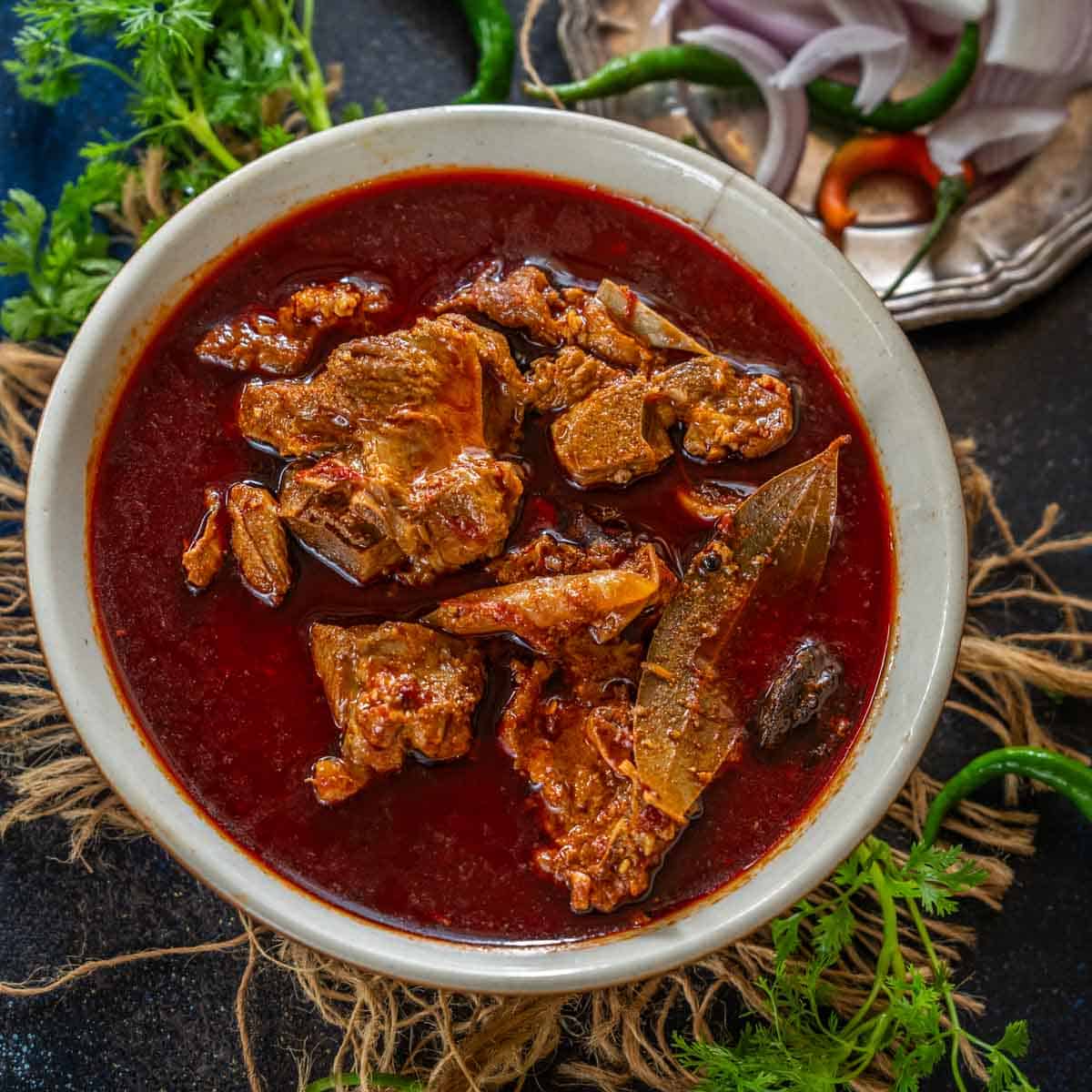
Rogan Josh
A signature Kashmiri dish, a slow-cooked lamb curry infused with aromatic spices and vibrant red chili, giving it a rich flavor and deep color.
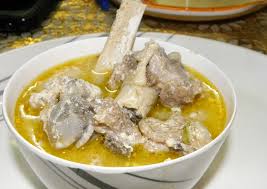
Yakhni
A delicate yogurt-based mutton curry, flavored with fennel and dry ginger. Light yet flavorful, it represents the subtle elegance of Kashmiri cooking.
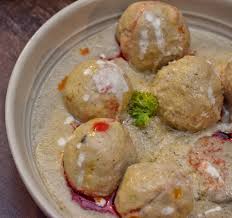
Gustaba
Features tender meatballs made from minced mutton, simmered in a creamy yogurt gravy. Traditionally served at the end of a Wazwan feast.
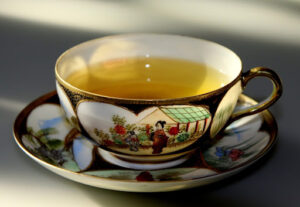
Kahwa
A fragrant green tea infused with saffron, cardamom, and almonds. Served piping hot, it is perfect for Srinagar evenings and reflects the warmth of hospitality.
Shopping in Srinagar
Shopping in Srinagar is a delightful experience, where every item reflects the artistry and heritage of Kashmir.
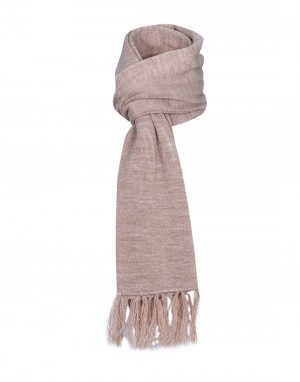
Pashmina Shawls
Crafted from the fine wool of Himalayan goats, Pashmina shawls are soft, lightweight, and incredibly warm.
Kashmiri Carpets
These hand-knotted carpets, often made of silk or wool, feature intricate Persian-inspired designs.
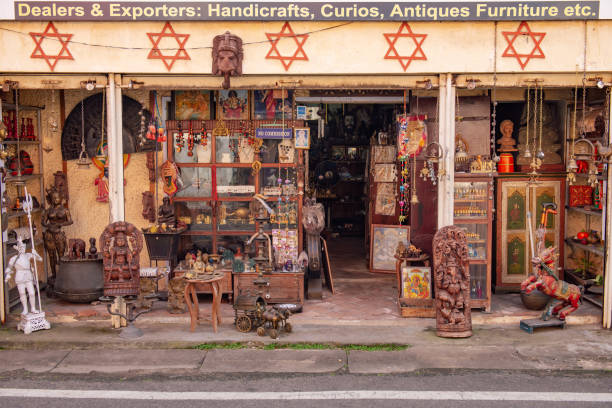
Papier-Mâché Handicrafts
Vibrantly painted and beautifully lacquered, Srinagar’s papier-mâché items include boxes, vases, and ornaments.
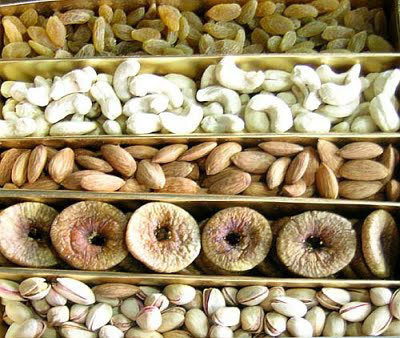
Dry Fruits and Saffron
Srinagar’s markets offer premium-quality almonds, walnuts, and the world-famous saffron.
Tourist's Handbook
The best season to visit Srinagar is during the spring and summer months, from April to June, when the weather is pleasantly mild and the valley bursts into vibrant colors with blooming tulips, almond blossoms, and lush greenery. This is the ideal time for sightseeing, shikara rides on Dal Lake, and exploring Mughal gardens. The famous Tulip Festival in April adds a unique charm to the visit. Avoid the peak winter unless you wish to experience snow, as temperatures can drop well below freezing.
Stay Alert in Crowded Markets – Srinagar’s bazaars can get busy; keep your belongings secure and avoid displaying valuables openly.
Hire Registered Guides & Transport – Use only government-approved guides and trusted taxi/shikara services to ensure safety and fair pricing.
Dress Modestly – Respect local traditions by wearing modest clothing, especially while visiting religious sites like mosques and shrines.
Be Weather Prepared – Carry warm clothing even in summer for cool evenings, and check forecasts during winter for snow-related travel advisories.
Avoid Sensitive Areas – Follow local advisories and avoid restricted or military zones for your own safety.
Getting around Srinagar is a delightful mix of scenic rides and leisurely strolls. Shikaras on Dal Lake offer a serene and unique way to experience the city’s beauty, while houseboats provide a charming stay experience. Auto-rickshaws and taxis are readily available for short and long distances, with app-based cab services becoming increasingly popular. For exploring Mughal gardens, markets, and old Srinagar lanes, walking is ideal. Pony rides are common in nearby hill spots like Gulmarg and Pahalgam, adding a touch of local adventure.
Overpriced Shikara Rides – Always confirm the duration and price before boarding; book through hotels or trusted operators.
Fake Pashmina Sellers – Many shops sell machine-made shawls as “pure Pashmina”; buy only from certified or government emporiums.
Unlicensed Guides – Opt for guides recommended by your hotel or official tourism offices to avoid misinformation and overcharging.
Photography Fee Scams – Some locals may demand money after posing; clarify beforehand if payment is expected.
Overpriced Houseboat Stays – Inspect facilities and agree on total charges, including meals, before booking.
Srinagar Blogs
- Jammu & Kashmir Cultural guide
- Places to visit in Srinagar
- Places to visit nearby Srinagar
- India’s most popular destination
- India’s archaeological marvels
Recommended articles
- Uttar Pradesh Cultural guide
- Places to visit in Varanasi
- Places to visit nearby Varanasi
- India’s most popular destination

